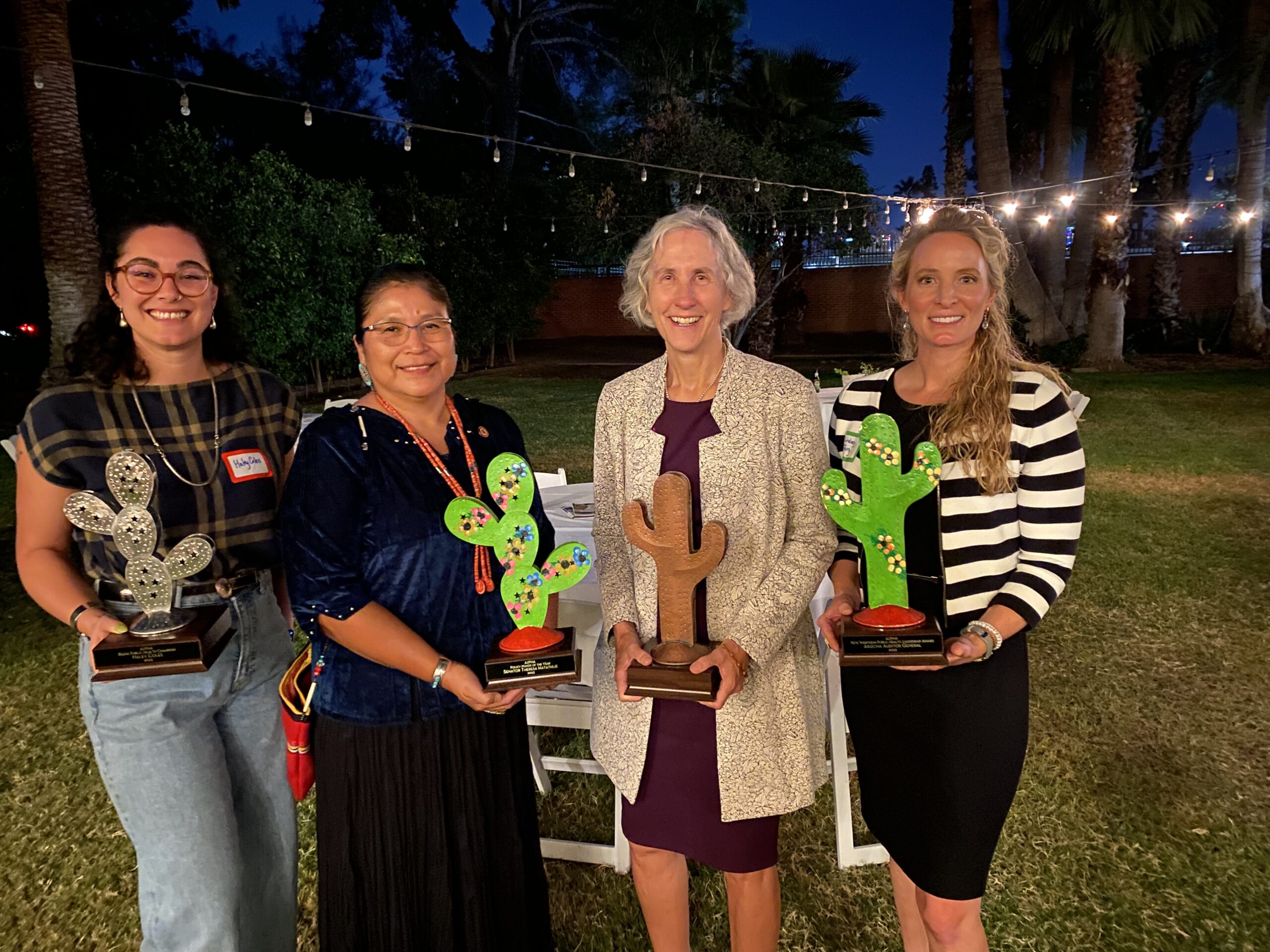Each year AzPHA recognizes public health professionals, health professionals and community members across Arizona who are performing extraordinary services to our community at our annual awards event. Many of our awards go back decades.
We’re proud to announce that our 2024 award program will be held:
Thursday, October 24, 20245:30 – 8:00pmEquality Health: 7720 N. Dobson Rd., Suite 200 Scottsdale, AZ 85256 |
Please take a moment to view our award categories and submit your entries by September 15, 2024
Submit Nominations Here
Register Today: Only $40!
Includes complimentary drinks, Taco Bar from Senior Taco, & networking opportunities!
This Year’s Award Categories:
2. Senator Andy Nichols Honor Award
3. Pete Wertheim Public Health Leadership Award
5. Elsie Eyer Commitment to Underserved People Award








